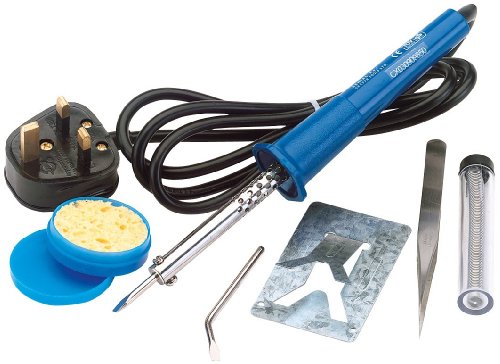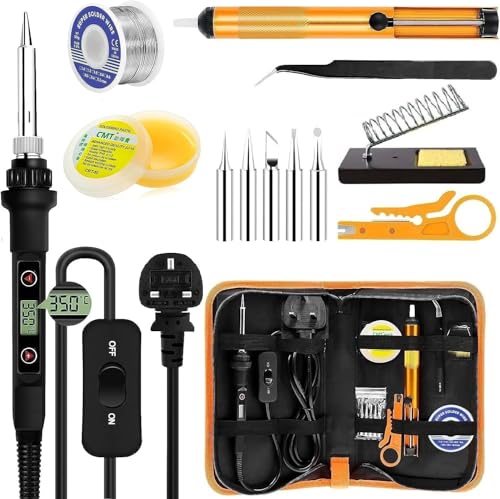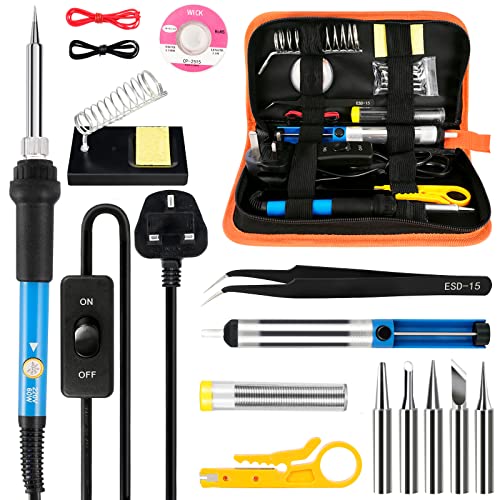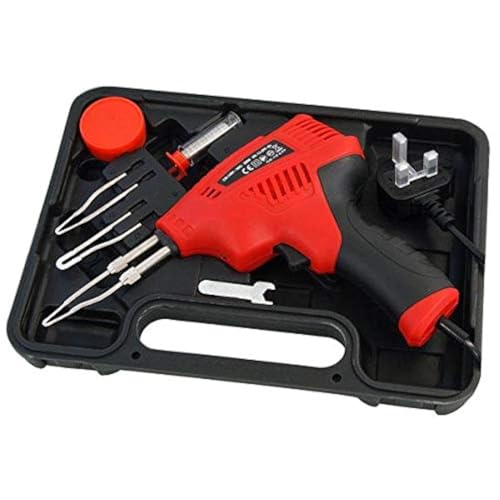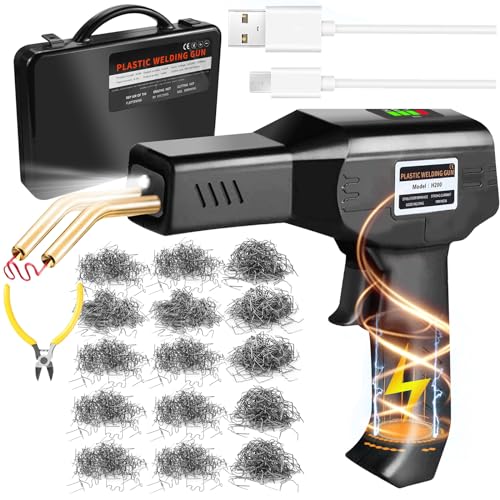Understanding Soldering Kits: What Do You Need to Know?
What Exactly is a Soldering Kit?
A soldering kit is essentially a collection of tools designed to help you join two or more electronic components together by melting solder. Solder refers to a fusible metal alloy that is heated until it liquefies, allowing it to flow into the joint and create a solid connection as it cools. Imagine trying to repair a broken wire or assemble a new digital project; a soldering kit provides you with everything you need to make these tasks smooth and effective.
Who Uses Soldering Kits?
Whether you’re a hobbyist looking to dabble in DIY electronics, a student learning about circuits, or a seasoned technician tackling advanced repairs, soldering kits cater to a broad range of users. These kits can be used for tasks such as circuit board assembly, fixing headphones, or even building custom gadgets. Knowing that a soldering kit can accommodate various skill levels means anyone can participate in electronic projects.
Key Components of a Great Soldering Kit: What to Look For
Essential Tools Included in a Soldering Kit
A good soldering kit contains tools that are essential for the soldering process. Most kits will include a soldering iron, which is the primary tool for heating solder. Look for an iron with adjustable temperature settings so you can adapt to different types of materials. Also, check for accessories like solder wire, a soldering stand, and a cleaning sponge, as these components help keep your workspace tidy and your tools in good condition. A variety of other tools such as tweezers, wire strippers, and a small screwdriver set can make the process more convenient and efficient.
Quality Matters: What To Prioritise
When choosing a soldering kit, pay attention to quality. A soldering iron with a fine tip is ideal for precision tasks, while good thermal stability ensures that the iron maintains its heat effectively. The solder wire should be appropriate for electronics, typically rosin core solder which facilitates good electrical conductivity. Solid construction of the iron itself is crucial to ensure longevity and ease of use, preventing frustrations during lengthy projects.
Choosing the Right Soldering Kit for Your Projects: Beginners vs. Experts
Beginners: Start Simple
If you’re new to soldering, consider a kit specifically designed for beginners. These often include basic tools and instructions for simple projects. Look for kits that come with a project guide to help you learn the ropes without feeling overwhelmed, giving you practical hands-on experience right from the start.
Experts: Advanced Features for Complex Tasks
For those with more experience, advanced soldering kits offer additional features and tools that can enhance your projects. Look for kits that include temperature control functionality, higher quality soldering tips for versatility on various types of electronics, and possibly even more specialised soldering attachments. The investment in a more sophisticated set will usually lead to better results, especially when working on intricate or multi-layer circuit boards.
Tips for Using a Soldering Kit Effectively: Best Practices for Success
Preparing Your Workspace
Creating an organized workspace is crucial for effective soldering. Use a sturdy surface and ensure adequate lighting. Keeping your tools within reach and having a small waste bin for solder scraps can help maintain a clean area. Always prioritise safety; wearing goggles can protect your eyes, and using a soldering pad prevents damage to your workspace.
Mastering Technique
The technique is vital when soldering. Ensure your soldering iron is clean and pre-heated before use. When soldering, apply heat to both the wire and the connection point simultaneously, feeding solder into the joint instead of directly onto the iron. A little practice and you’ll develop precision, resulting in neat, strong joints.
FAQs About Soldering Kits: Everything You Should Ask Before Buying
What’s the difference between leaded and lead-free solder?
Leaded solder consists of a combination of lead and tin, providing excellent conductivity and ease of use, making it a favourite among many professionals. However, lead-free solder complies with newer regulations focusing on health and safety. When selecting solder, consider the application; for general electronics and repairs, lead-free types are often recommended.
How do I maintain my soldering kit?
Maintaining your soldering kit is straightforward. Regularly clean your soldering iron tip to prevent oxidation, using a damp sponge or brass sponge after each session. Store your kit in a dry place and check that all tools are intact after every use to ensure longevity. Proper care will enhance the performance and reliability of your soldering kit.










